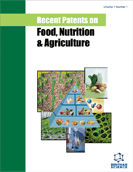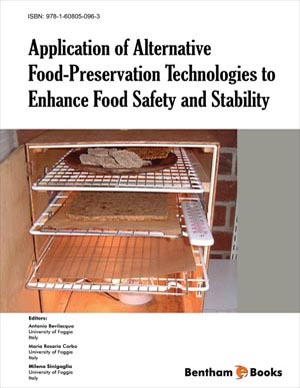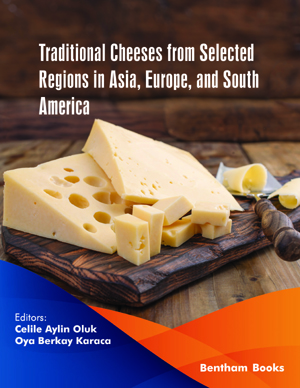Abstract
Food laws and regulations within the United States are essential to food safety, commerce and improved national health. Understanding the differences between foods, drugs and dietary supplements is important for both regulatory and national health reasons. If these commodities are not defined properly and label claims about them are not in keeping with both good science and prevailing legislation, the packaged products could be in violation of the related laws or regulations. There are thirteen federal agencies that are associated with food regulation and safety in some manner. Of great interest across several agencies are specific regulations relating to food labeling. There is mandatory information that must be on all Food and Drug Administration (FDA) and United States Department of Agriculture (USDA) regulated labels, and there are new allowable label claims to help consumers understand the connection between food and health. This work focuses on special food ingredients and additives that have high public or scientific interest, with reference to selected categories of ingredients. These include direct, secondary direct and indirect ingredients, generally recognized as safe (GRAS) substances and color additives. The chapter discusses the rationale behind the Infant Formula Act and provides an overview of FDA and USDA inspection strategies and enforcement actions.
Keywords: Dietary supplements, food, food laws/regulations, GRAS, health claims, US Federal Agencies.



















